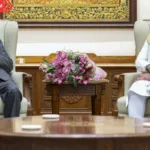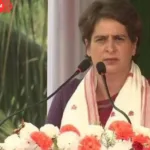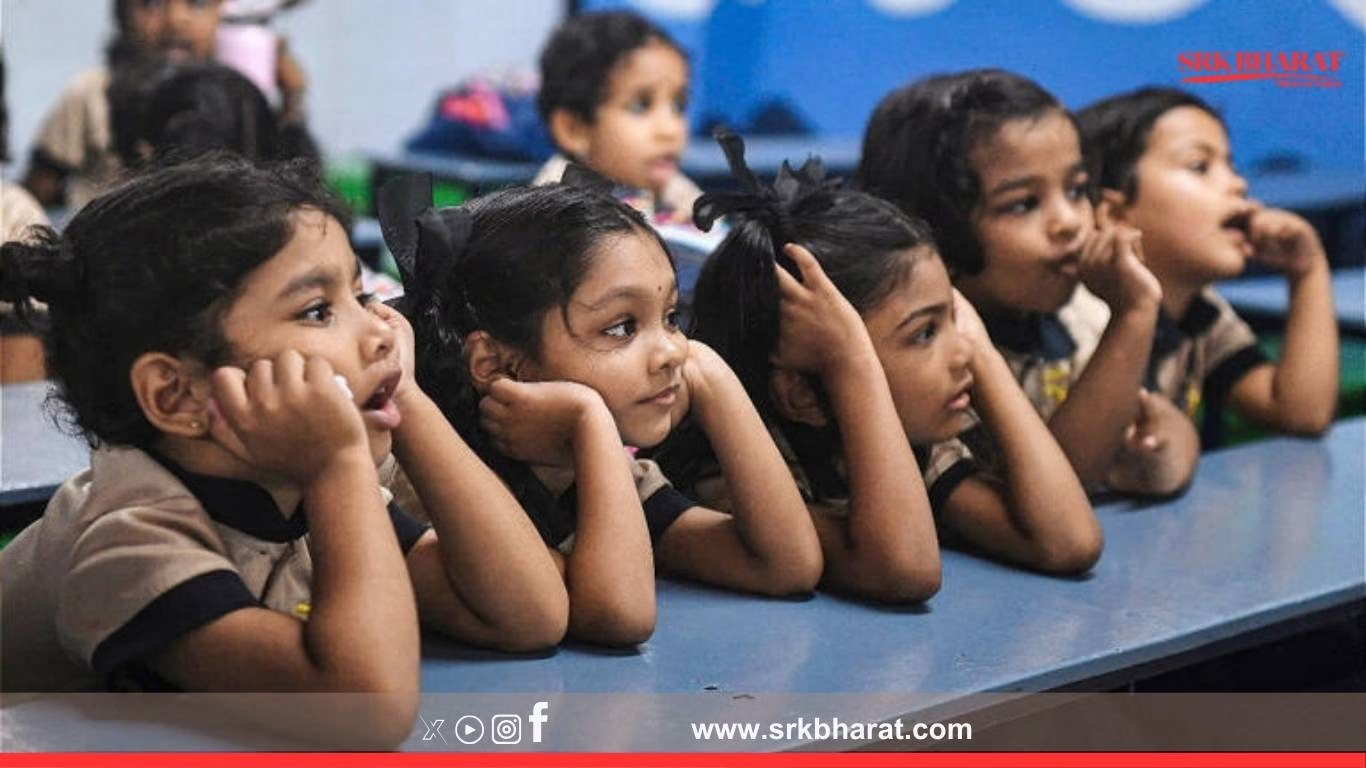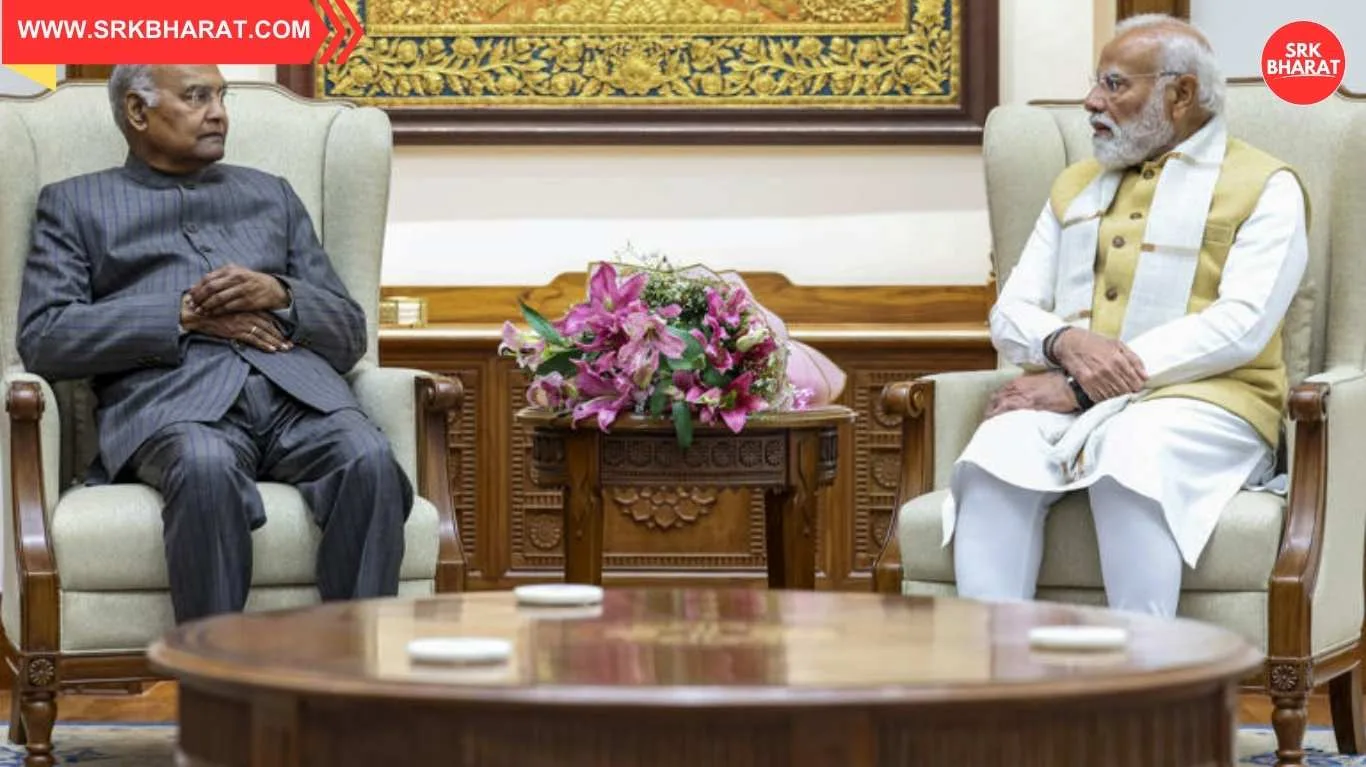In a significant escalation of tension between the Kerala government and minority religious organisations, prominent Muslim bodies in the state have declared statewide protests against the recent decision to extend school hours under the state’s academic reforms. The protests, announced by the Samasta Kerala Jem-iyyathul Ulama, one of Kerala’s largest Muslim organisations, are expected to witness participation from thousands of teachers, parents, and community leaders concerned about the decision’s impact on students’ daily routines and religious studies.
What Is The Government’s Proposal?
The Kerala State Education Department, under the leadership of Education Minister V Sivankutty, recently proposed to increase school timings by up to 45 minutes daily across government and aided schools. The revised timing plan is aimed at:
- Completing revised syllabi introduced under the new curriculum framework.
- Providing additional time for skill-based and extracurricular learning.
- Aligning Kerala’s school hours with national averages to prepare students for competitive exams.
Under the proposed reform, schools will function from 9 AM to 4.30 PM, instead of the current 9 AM to 3.45 PM schedule, with extended short breaks and compulsory activity periods.
Why Are Muslim Organisations Opposing It?
Muslim organisations argue that extending school hours encroaches upon time reserved for madarsa education, religious studies, and evening prayers for children, particularly those belonging to traditional orthodox families who attend Arabic classes after school.
Key Objections Raised
- Religious Education Time Cut: Many students attend madrasa classes from 4 PM to 6 PM. Extended school timings would overlap or exhaust students before religious studies.
- Health Concerns: Community leaders claim that longer school hours increase mental fatigue, affecting learning efficiency and health.
- Family Time Reduction: With working parents returning late, extended school hours will limit children’s time with families.
- Unilateral Decision: Muslim organisations allege that the government did not consult religious or community bodies before the policy announcement.
Samasta Kerala Jem-iyyathul Ulama’s Official Stand
The organisation, which runs thousands of madrasas and religious education centres in Kerala, stated:
“We are not against educational reforms, but decisions that disregard the cultural, religious, and mental well-being of our children will not be accepted. The government must respect religious freedoms and community needs while framing policies.”
Details Of The Planned Protest
- Protest Type: Statewide sit-ins and demonstrations outside district education offices.
- Date: Finalised for next week, with pre-protest meetings at panchayat and block levels.
- Participants: Teachers’ unions, madrasa committees, parent groups, and affiliated Muslim student organisations.
Government’s Response
Education Minister V Sivankutty clarified that the extension is minimal and intended solely to enhance academic outcomes without burdening students. He further assured:
“We will hold discussions with all stakeholders, including religious organisations, before finalising the policy. Students’ holistic welfare is our priority.”
Political Reactions Across Kerala
The issue has gained political colour, with opposition parties targeting the ruling Left Democratic Front (LDF) for “insensitivity towards minority religious practices.”
Congress Leader VD Satheesan said:
“Reforms cannot be forced unilaterally. The government must build consensus, especially when they impact religious minorities.”
IUML Leader PK Kunhalikutty warned:
“Ignoring Muslim organisations’ concerns will only create distrust towards government policies. The education department must engage in immediate dialogue.”
Educational Experts’ Perspective
While supporting longer instructional time to improve learning outcomes, some educationists caution that Kerala’s unique socio-cultural schedule must be considered, especially where religious and formal schooling coexist harmoniously.
Dr. Sabu George, education researcher, commented:
“Internationally, extended school hours improve learning only if coupled with reforms in pedagogy, teacher training, and reduced rote learning. Otherwise, it adds fatigue without results.”
Potential Impact On Students
| Positive Outcomes Expected | Concerns Raised |
|---|---|
| More time for skill education, sports, and arts | Less time for madrasa education |
| Better alignment with CBSE/ICSE school timings for competitive readiness | Longer travel hours for rural students |
| Scope for remedial classes to cover syllabus | Increased mental and physical fatigue |
Religious Bodies Supporting The Protest
Along with Samasta, other prominent organisations such as Kerala Nadwatul Mujahideen (KNM) and Sunni Yuvajana Sangham (SYS) have announced solidarity, calling it an attack on minority cultural autonomy.
Government’s Proposed Way Forward
Officials from the Kerala State Education Department indicated that a final decision will be taken after consultations with religious bodies, teachers’ unions, and parent associations in the coming weeks. Possible solutions under consideration include:
- Flexible timings for schools with large minority student populations.
- Optional extended hours, where only remedial or extracurricular classes extend beyond 3:45 PM.
- Integrating religious studies as part of school activities in collaboration with approved madrasa boards.
Broader Debate: Education Reforms vs. Cultural Autonomy
The protest highlights the long-standing challenge of balancing modern educational reforms with cultural and religious practices in Kerala, where minority communities contribute significantly to education through unaided institutions and supplementary religious education systems.
Analysts believe the controversy could:
- Affect LDF’s political equations with Muslim voters ahead of upcoming local body elections.
- Trigger a wider debate on integrating religious education within formal schooling under the National Education Policy framework.
- Compel the state to adopt differential policies based on regional, religious, and community requirements.
Conclusion
As protests intensify, Kerala’s education department faces the critical task of harmonising progressive reforms with the cultural rights and religious freedoms of its people. The final resolution will set a precedent for inclusive policymaking in a diverse state like Kerala, which continues to be a model of high literacy and social development despite complex religious and cultural pluralities.
Disclaimer: This news content is based on public statements, community announcements, and government communications. It is intended solely for informational purposes and does not constitute official policy confirmation, religious commentary, or legal advice. Readers are advised to follow government notifications and verified educational circulars for final decisions and implementations.











